“We can learn from history, but we can also deceive ourselves when we selectively take evidence from the past to justify what we have already made up our minds to do.” – Margaret MacMillan
Rarely have more sage words been spoken about history and how we understand it and our responsibility to accept both the good and the bad in it.
The Anglo-Canadian historian Margaret MacMillan, one of the leading historians of our age, should know something of what she speaks. Through her critical work on the origins of the First World War, and on the gerrymandering of nation-states that resulted at its conclusion, she has shed new light on how 100 years later we remember that cataclysm of the last century.
Reflections on history must always be informed by a desire to seek what is true, and to work towards revealing both the successes and the failures of our collective past. It must also be shot through with a genuine humility in which we recognize that, while technology advances, little about our human nature changes.
Before we condemn the sins and misdeeds of our forebears we should reflect on our own passions for exclusivity, greed, narrow-mindedness, bigotry, and sanctimonious ideological pontificating about how enlightened and righteous we post-moderns are.
In the interest of righting a genuine and grave historic wrong — the great suffering of Indigenous Canadians at the residential schools — the historical hubris of our present Canadian age is distorting history yet again.
Enter the woke mobs (and the local authorities who bow to their destructive whims) that have defaced and dragged down statues of Sir. John A. Macdonald, Egerton Ryerson, Queen Victoria, and Queen Elizabeth. In doing so they desire to erase history rather than reveal it, in all of its warts and triumphs.
History is the story of human lives interacting with one another, both the rulers and ruled, in innumerable communities since time began. It is a story of both great wickedness and great virtue, of war and peace, of saints and sinners, and of our ongoing struggle to make sense of the world and our place in it.
In discovering and teaching our history to every successive generation we have a duty as a people to teach the whole story as best we can, conscious of our prejudices. We have a collective responsibility to seek ways to illustrate, through the good and the bad of our history, the nature of our humanity. In so doing we may reveal again and again to ourselves a humanity that is fallen and prone to sin, yet that in its true nature is oriented towards great goodness, the promotion of justice, acts of charity, and a vision of the community that is imbued with an aspiration to advance human flourishing and the bonum commune — the common good.
If we abandon this responsibility in the interest of advancing a narrow political agenda, a specific ideology, or in a misplaced desire to whitewash out the bad of history then we fail to serve the common good. Instead, we come to serve our own pride: that we know better; that we would never do what those bigoted Victorians did; that we will bring about a new age of justice and truth.
Well, I say beware the arrogance of the new age.
If you happen to be one among the chattering classes and historical do-gooders who would consign the likes of Sir John A., Queen Victoria, Edward Cornwallis, and Egerton Ryerson and their associated edifices and effigies to the politically incorrect bonfire, you might very well find yourselves associating with some highly dubious company, including those who led brutally authoritarian regimes.
Attempts to cleanse history so that some perceived pure form of just society might result is a fool’s, or worse, a tyrant’s errand, but it has repeatedly been attempted with devastating results.
On September 21, 1792 the National Convention in revolutionary France abolished the monarchy and declared September 22, 1792 to be 1 Vendémiaire, the first day of Year 1. Everything that came before was anti-revolutionary: monarchy, church, estates, culture was to be dispensed with.
Taking a cue from their former colonial masters, the Khmer Rouge and Pol Pot declared upon their takeover of Cambodia in April 1975 that chhnam saun, Year Zero, had begun. Informed by a hyper-Marxist, Khmer nationalist, and agrarian ideology the Khmer Rouge embarked upon a destructive process of de-industrialization and re-education that sought to wipe out the existing culture, traditions, and social structures, replacing them with a new revolutionary culture.
The same disordered zeal for a revolutionary utopia also infected Soviet Communism and German National Socialism.
Righteous anger against what happened in the residential schools is just. Yet to twist righteous anger into violence and destruction is a grave crime against individuals, their communities, and the body politic; it does nothing to foster true reconciliation. True reconciliation takes a lot of work and is grounded in tens of thousands of conversations, new relationships, and the rediscovery of trust.
The woke mob is bent on destruction fuelled by arrogance, and ignorance — passions which we as human beings have struggled against throughout history. As an American friend of mine recently said, our democracy and the common life we share is a delicate orchid, beautiful yet fragile, it needs constant tending. We must ensure that the totalitarian impulse — let’s call it by its spiritual names: pride and vainglory — that lurks in every human heart must be forever curbed else the orchid wither and die.
Such is totalitarianism. It does not tolerate dissent from an established narrative, nor does it tolerate a much more nuanced view of human action that can rightly condemn grave misdeeds while lauding great achievements.
If we are to condemn Sir John A. and remove his image from our national life for his central role in establishing the residential schools, then surely we must do likewise for each of his successors as prime minister up until Brian Mulroney, as they were all complicit in the allowing these dens of abuse to persist.
If we are to remove statues of Sir John A. for this reprehensible policy, then should we not rename Montreal’s international airport? After all, it is currently named for a man, Pierre Elliott Trudeau, who with his Minister of Indian and Northern Affairs Jean Chrétien, introduced one of the most comprehensive plans to assimilate First Nations peoples in Canadian history: the rightly reviled White Paper Statement of the Government of Canada on Indian Policy, 1969? No. In fact, we should not rename Montreal’s airport.
What we must do is teach and advance the entire history of those who from the millennia before European contact to the present day have strode across the stage of this country’s history. How might future generations view our actions, your actions, my actions?
We must continually contemplate (and I emphasize contemplate) and assess history and how humans have acted. We must openly and publicly discuss our failures, but also our great achievements: the Canadian Pacific Railroad, the Charter of Rights and Freedoms, our social safety network, and Confederation itself, which has ensured the development of a flourishing democracy in this place we call home, this Canada.
It is this democracy that permits criticism of our great men and women. It is this democracy that gives us a cultural base from which to learn from our great mistakes while also championing our great successes as a national community. It is this democracy, with all of its foibles and flaws, that supports a deep pluralism in which we can fundamentally disagree with one another yet at the same time desire to build a common life together and to lift each other up.
This nation-building is a uniquely human venture and human beings screw up. Is this democracy perfect? No, it is not. But then again, are we?
Recommended for You

If Canada wants stronger communities, it must make volunteering easier
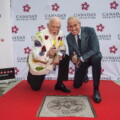
After snubbing Don Cherry for over 40 years, the Order of Canada should drop politics and appoint him
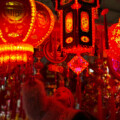
In defence of wealth and money this Lunar New Year

Love, loss, and the sweet pain of sports suffering
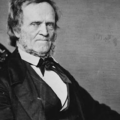
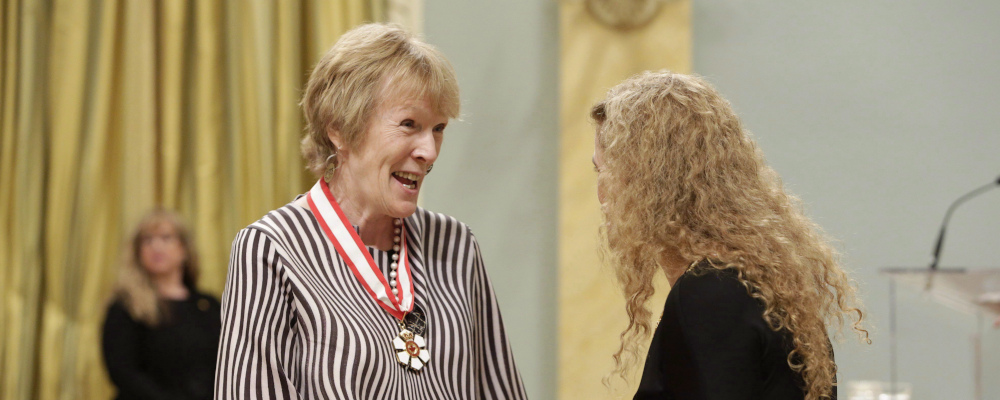
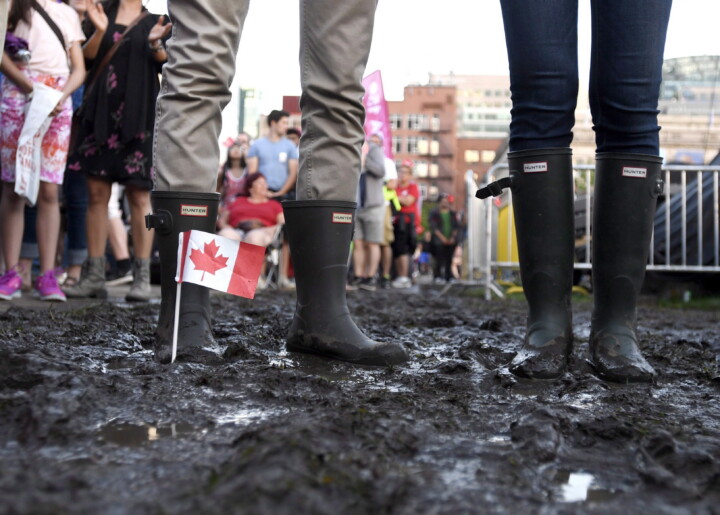

Comments (0)